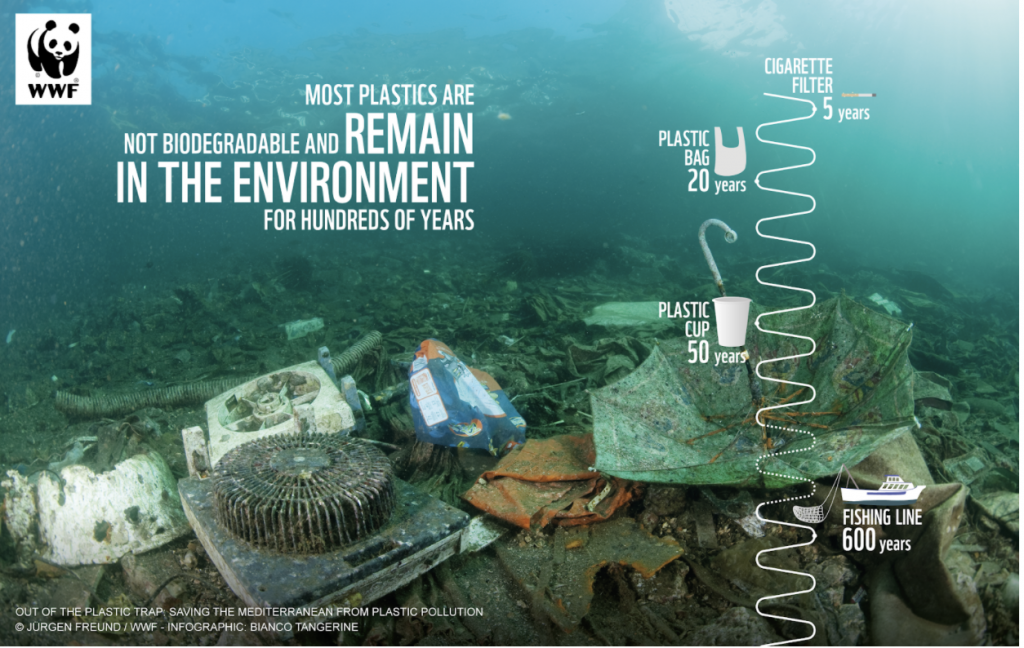We are currently facing a significant plastic crisis, with approximately 390 million tonnes of plastic waste generated each year, and only a fraction of it is collected and recycled. Despite increasing corporate pledges and regulatory pressure, the production of single-use plastic waste is growing. The report “Breaking the Plastic Wave” predicts a $40 billion funding gap by 2040 for financing the collection and management of municipal plastic waste.
Addressing this crisis requires a paradigm shift that combines voluntary and regulatory approaches across the entire life cycle of plastics and implements them on a large scale. Verra’s Plastic Waste Reduction Standard (Plastic Standard) is introduced as a complementary solution to tackle the plastic crisis. The Plastic Standard, through the issuance of Plastic Credits, directs finance to projects improving plastic waste management globally.
Plastic Credits, including Waste Collection Credits and Waste Recycling Credits, play a crucial role in addressing plastic pollution downstream and mitigating associated environmental and health risks. These credits support companies in meeting plastic stewardship goals and contribute to the waste management priorities of regional and global policies.
Key points about Plastic Credits:
- Integrated Plastic Waste Reduction Strategy:
- Plastic Credits are part of an integrated plastic waste management strategy for companies, focusing on both upstream and downstream solutions.
- They facilitate downstream investments in plastic waste collection and recycling infrastructure.
- Verifiable Accounting and Crediting:
- Verra’s Plastic Standard ensures transparent and verifiable accounting of plastic waste collection and recycling activities.
- Approved methodologies undergo regular updates, and projects must demonstrate additionality and comply with safeguards.
- Long-Term, Sustainable Support:
- Plastic Credits provide long-term financing (7-21 years) for infrastructure and capacity development in waste management systems.
- Finance from Plastic Credits enables the development of sustainable waste management infrastructure.
- Complementary, Impactful, and Credible Action:
- Plastic Credits should complement a comprehensive plastic mitigation strategy, addressing both upstream and downstream aspects.
- Matching impact ensures companies purchase credits that align with the specific plastic types and regions in their value chain.
- Support for Extended Producer Responsibility (EPR) Schemes:
- Plastic Credits support and accelerate the implementation of EPR schemes, providing incentives for investment in collection and recycling infrastructure.
- They can enhance the integrity of emerging EPR schemes when integrated with their characteristic principles.
In conclusion, Plastic Credits, governed by Verra’s Plastic Standard, offer a credible and impactful solution to address the plastic crisis, providing a mechanism for companies to invest in and support sustainable waste management infrastructure globally.








